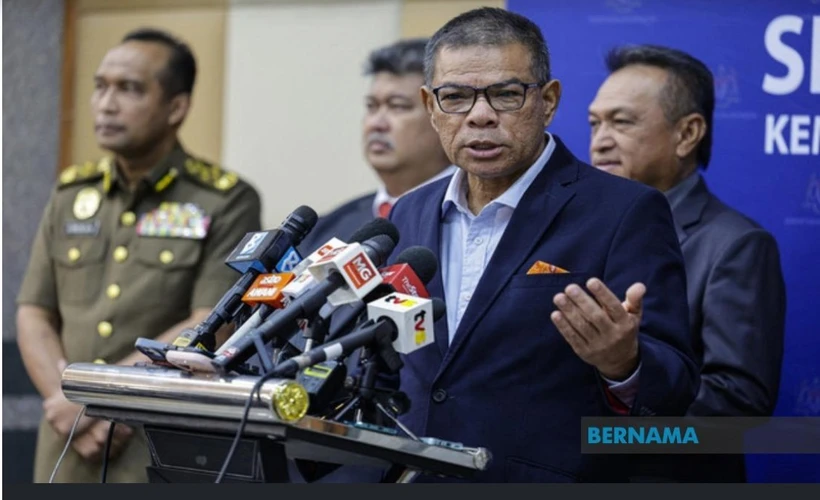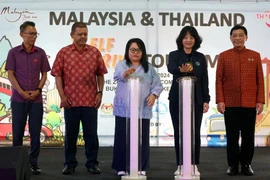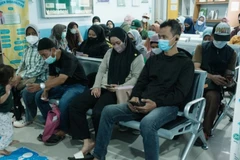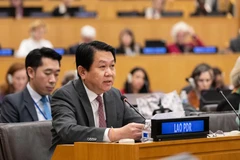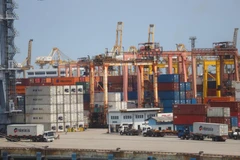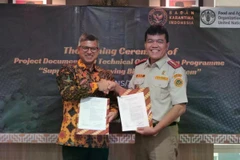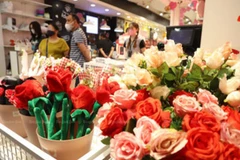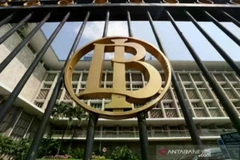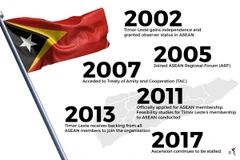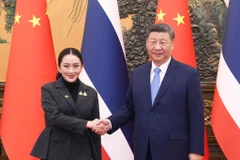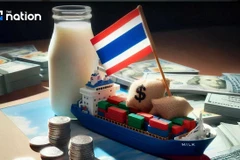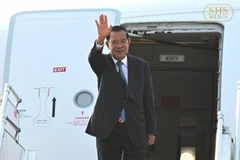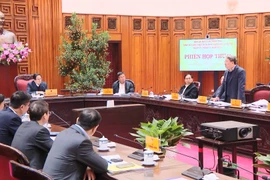Kualar Lumpur (VNA) – Cross-border crime and cyber crime will be among the focus of Malaysia’s Home Ministry (KDN) throughout the country’s ASEAN Chairmanship for 2025.
Speaking to the media after the KDN's monthly gathering on February 10, Minister of Home Affairs Nasution Ismail said the ministry will be involved in the security cluster encompassing 10 key agendas in 2025.
Preparations will emphasise addressing cybercrime and cross-border crime, with solutions focusing on intelligence sharing, capacity building, and joint operations.
Minister Ismail stressed that no single ASEAN country can tackle cross-border crime alone, underscoring the need for a regional cooperation mechanism. He also highlighted that cybercrime and online fraud are increasing in not only Malaysia but globally, making it imperative for ASEAN member states to prioritise this issue.
The ASEAN Ministers' Meeting on Security is scheduled to take place in Melaka in September this year.
On the same day, Malaysian Prime Minister Anwar Ibrahim affirmed that the country is making thorough preparations for its role as ASEAN Chair in 2025. This marks the fifth time Malaysia has assumed this position, following its previous terms in 1977, 1997, 2005, and 2015./.
